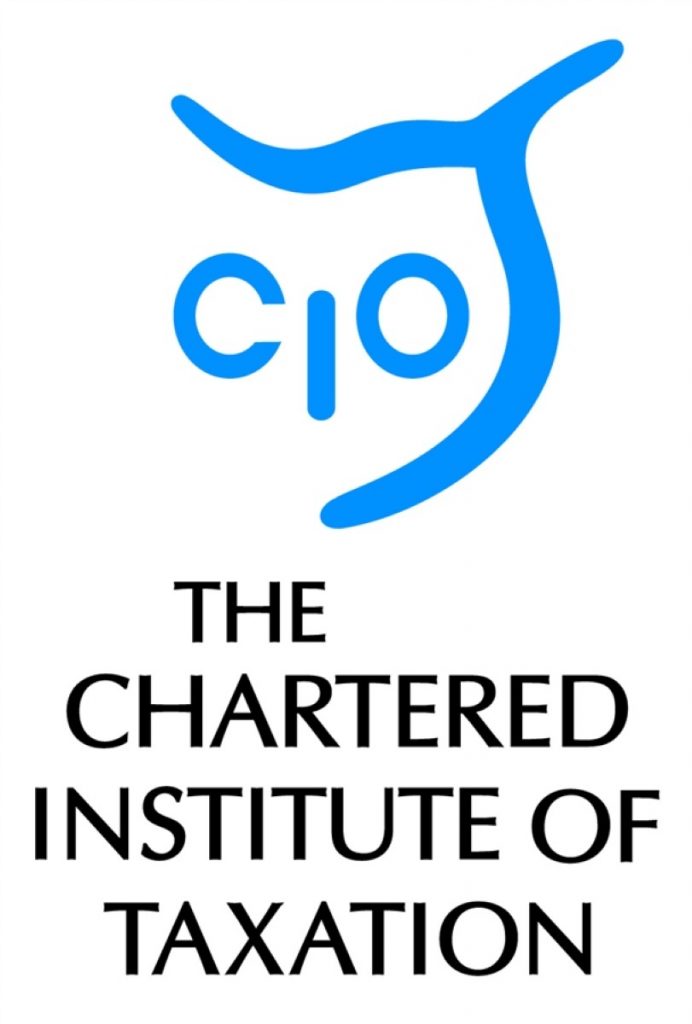Extra tax support from HMRC welcome – but difficulties must be resolved
LITRG welcomes new HMRC service for taxpayers who need extra support but concerns remain
The Low Incomes Tax Reform Group (LITRG) has welcomed today’s announcement by HMRC that a specialised telephone service and mobile face-to-face visits for those who need extra support in dealing with their tax affairs will soon be available nationwide. The new service is to replace HMRC’s network of enquiry centres which are to be closed.
LITRG recognises that unrepresented taxpayers who have used the service during a seven-month pilot in the North East of England have derived some benefit from it.
Nevertheless, the pilot showed up certain difficulties with access to the new service which in our view must be resolved before it can be called a better service than that which it replaces. In particular:
· HMRC contact centres must have improved their call-handling performance to the point where the risk of vulnerable callers not getting through, or having to wait long periods at a cost they can barely afford, is significantly reduced;
· people who cannot, or who find it very difficult to, use the telephone – such as those with speech or hearing impairments, or migrant workers with limited English – must have accessible alternative means of contacting the specialist service teams, apart from the online channel which is only a partial solution; and
· the voluntary sector must be fully funded to take on the extra work that will come their way as a result of the enquiry centre closures.
LITRG’s Chairman, Anthony Thomas, commented:
“We have always welcomed the aim to provide a much better service to those who need more help than the enquiry centre, telephone and internet channels were providing. Unrepresented taxpayers and tax credit claimants on low incomes or those with particular needs have already seen some benefit from the new service offered in the North East of England, although it is still developing.
“However it is crucial that HMRC continue to work closely with the voluntary sector and offer realistic and sustainable long term funding in order to ensure that an excellent service is delivered to those who are in need of help. The national roll-out of the North East England pilot envisages a very significant increase in the voluntary sector workload, and without proper funding and resource vulnerable taxpayers could be seriously disadvantaged.
“Of course, HMRC’s continued poor customer service performance at the call centres could severely affect this roll-out. We would like HMRC to reconsider how they manage busy periods and peaks in the future with no enquiry centre network to fall back on, especially at the next tax credit renewals peak on 31 July 2014.
“We shall continue to work closely with HMRC and other voluntary sector bodies in monitoring the new service very closely. Our main worry is that taxpayers seeking help may simply drop through the net as a result of the enquiry centre closures and the fact that the sole point of entry to the new service for most users is by the telephone; we have seen nothing in the pilot to assure us that this will not happen.”
Notes to editors:
1. The HMRC announcement can be found at:
2. The Low Incomes Tax Reform Group (LITRG)
LITRG is an initiative of the Chartered Institute of Taxation to give a voice to the unrepresented. Since 1998 LITRG has been working to improve the policy and processes of the tax, tax credits and associated welfare systems for the benefit of those on low incomes.
3. The Chartered Institute of Taxation (CIOT)
The CIOT is the leading professional body in the United Kingdom concerned solely with taxation. The CIOT is an educational charity, promoting education and study of the administration and practice of taxation. One of our key aims is to work for a better, more efficient, tax system for all affected by it – taxpayers, their advisers and the authorities. The CIOT’s work covers all aspects of taxation, including direct and indirect taxes and duties. Through our Low Incomes Tax Reform Group (LITRG), the CIOT has a particular focus on improving the tax system, including tax credits and benefits, for the unrepresented taxpayer.
The CIOT draws on our members’ experience in private practice, commerce and industry, government and academia to improve tax administration and propose and explain how tax policy objectives can most effectively be achieved. We also link to, and draw on, similar leading professional tax bodies in other countries. The CIOT’s comments and recommendations on tax issues are made in line with our charitable objectives: we are politically neutral in our work.
The CIOT’s 17,000 members have the practising title of ‘Chartered Tax Adviser’ and the designatory letters ‘CTA’, to represent the leading tax qualification.
James Knell
External Relations Officer
D: +44 (0)20 7340 2702





-01.png)